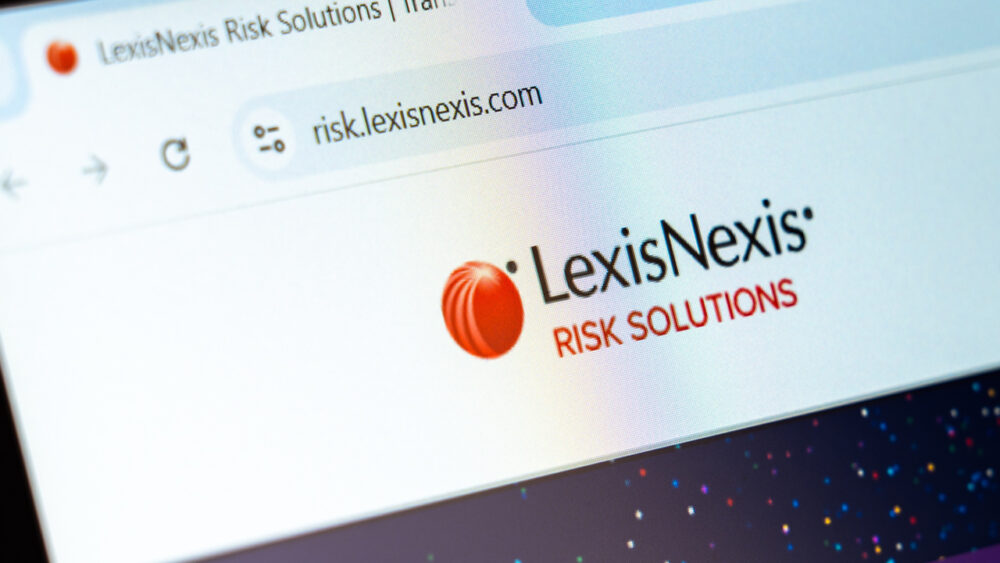A LexisNexis search by The Dallas Express reveals the media’s use of terms like “Russia,” “election,” and “critical infrastructure” surged dramatically in mid-2016 — shortly after a newly declassified email from a George Soros-linked operative appeared to suggest deploying exactly that language as part of a political strategy.
Between Jan. 1, 2016, and August 2019, the phrase combination appeared 23,448 times in English-language media sources indexed by LexisNexis, with spikes beginning in July 2016 and peaking during the early months of President Trump’s first term in 2017.
The timing aligns closely with emails described in a newly declassified annex to the Durham Report, released by U.S. intelligence leaders including CIA Director John Ratcliffe, FBI Director Kash Patel, Director of National Intelligence Tulsi Gabbard, and Attorney General Pam Bondi. The emails, allegedly authored by Leonard Benardo of the Open Society Foundations, suggest discussions within Hillary Clinton’s 2016 campaign and Soros affiliates about portraying Trump as compromised by Russia.
“The point is making the Russian play a U.S. domestic issue,” Benardo purportedly wrote on July 27, 2016. “Say something like a critical infrastructure threat for the election to feel menace since both POTUS and VPOTUS have acknowledged the fact IC would speed up searching for evidence that is regrettably still unavailable.”
Benardo’s email came just days before the FBI formally opened its counterintelligence probe, Crossfire Hurricane, on July 31, 2016.
Though some of the annex materials were reportedly obtained through Russian intelligence hacking and are described by Special Counsel John Durham’s team as possibly a “composite” of real emails, Durham stated that “those he interviewed believed the Benardo emails to be ‘likely authentic.’”
In total, LexisNexis indexed over 6,900 instances in TV news transcripts, more than 4,100 in web-based publications, 3,466 in newswires, and 2,125 in newspapers. The figures do not account for social media, podcasts, or other forms of new media, and the archive omits some local or online-only outlets. The actual total usage of the phrase combination may be significantly higher.
The media’s uptake of “critical infrastructure” in connection to Russian interference was later echoed by federal agencies. A joint analysis from the Department of Homeland Security and the FBI on Dec. 29, 2016 — titled “GRIZZLY STEPPE – Russian Malicious Cyber Activity” — included language about threats to U.S. election infrastructure and urged heightened cybersecurity awareness.
The Durham annex, meanwhile, includes intelligence that Julianne Smith, who later became Biden’s ambassador to NATO, and Benardo allegedly brainstormed messaging strategies to “demonize Putin and Trump” following the Democratic National Convention.
“Julie says it will be a long-term affair to demonize Putin and Trump,” Benardo allegedly wrote in a July 25, 2016, email. “Now it is good for a post-convention bounce. Later the FBI will put more oil on the fire.”
Benardo, when questioned by the Office of Special Counsel, denied remembering the emails and said he didn’t recall “Julie.” Smith likewise denied drafting or receiving the messages and told investigators she did not enlist the FBI in such a strategy. But Durham concluded that “Smith was, at a minimum, playing a role in the Clinton campaign’s efforts to tie Trump to Russia.”
Open Society Foundations has vehemently denied the claims, telling Fox News Digital that “the Durham report found no wrongdoing by our staff,” and that the allegations are “grounded in malicious disinformation traced to Russian intelligence.”
Sen. Chuck Grassley (R-IA), who coordinated the effort to release the documents, reportedly said he has been fighting for years to “assemble and publicize all the facts surrounding Durham’s investigation, Crossfire Hurricane, and related matters.”
Grassley also called it “one of the biggest political scandals and cover-ups in American history.”
The LexisNexis archive is a collection of historical news articles, business information, public records, legal documents, and other public material available through the Nexis service.


